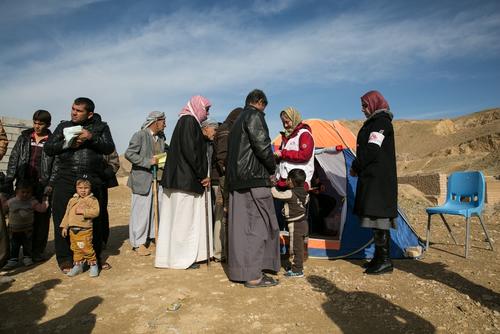During the 1990s, MSF teams made a bitter observation: we were failing to treat some of our patients suffering from infectious diseases, while in developed countries, remarkable progress was being made in the field of health. Two decades on, medicines in developing countries are still either too expensive, aren't suitable to be used in many of the contexts in which we work (for example, in hot, humid conditions or where there's a lack of electricity), or simply don't exist for the diseases we need to treat.
In 1999, we launched the Campaign for Access to Essential Medicines, now known as the Access Campaign. Its mission focuses on three areas: overcoming barriers to access to essential medicines, stimulating research and development for neglected diseases, promoting health exceptions to global trade agreements.
In 2003, MSF joined several research institutes, including the Institut Pasteur, to create the Drugs for Neglected Diseases initiative (DNDi), a non-profit research and development organisation engaged in research and development of new treatments for neglected diseases.
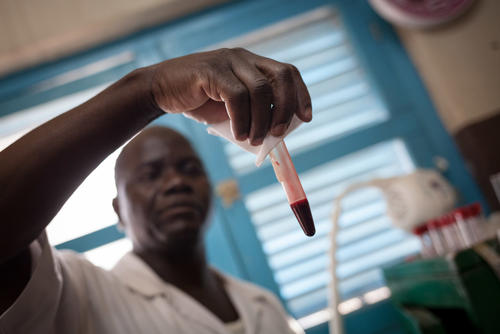
Affordable and quality antivenoms needed for snakebites
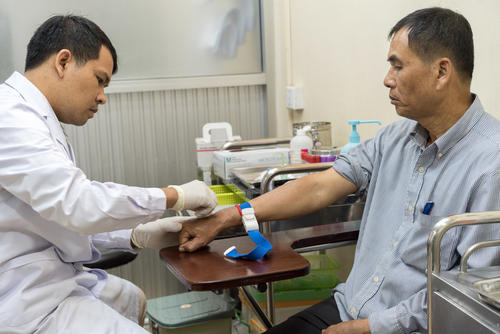
MSF challenges Gilead’s patent application for hepatitis C treatment
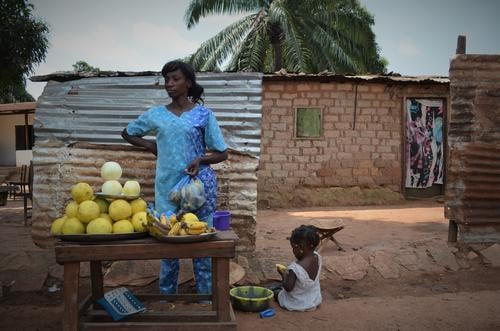
Health policies must focus on needs of individuals
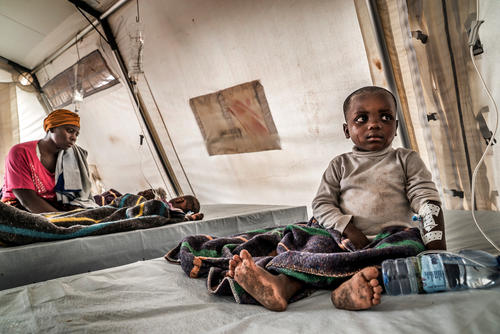
Taxing the ill - How user fees are blocking universal health coverage
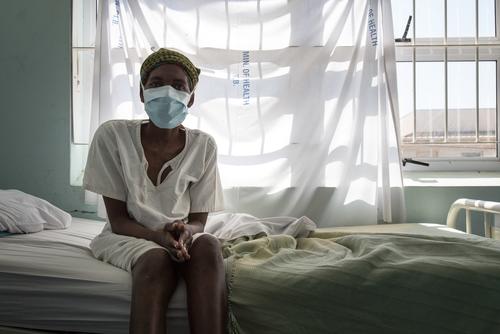
Governments given deadline to increase testing and treatment
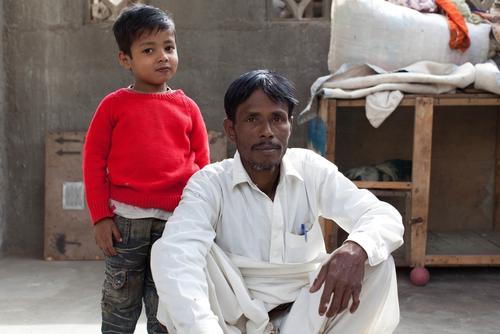
Hepatitis C - Not even close
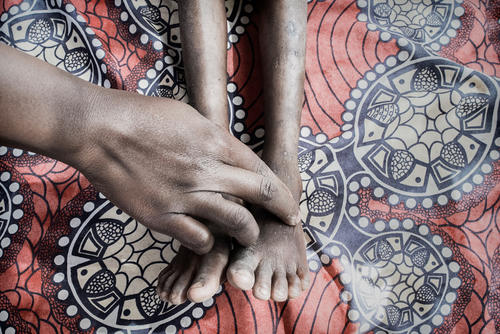
Daily struggles of the most vulnerable
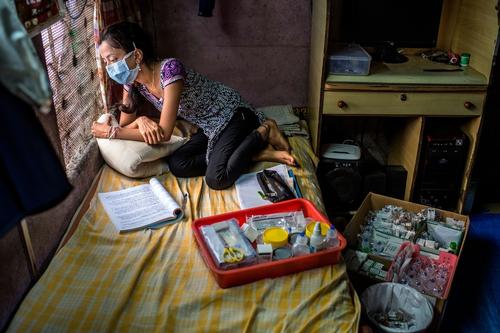
People still being denied improved treatment for multidrug-resistant TB
